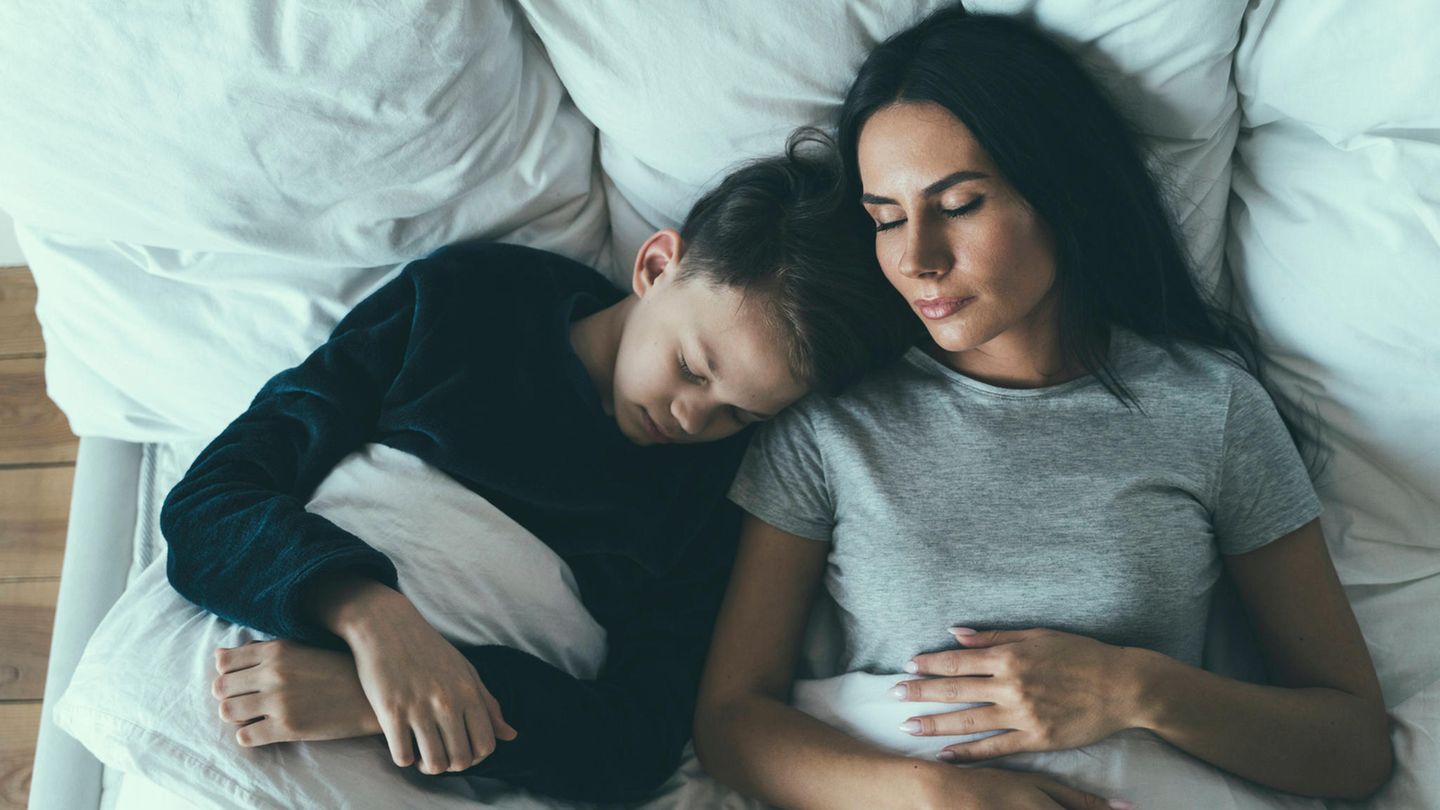Winter time
Consequences for sleep and health: This is what science says about the change of time
Copy the current link
Add to the memorial list
Sleep for an hour longer! Some will look forward to this on the weekend. But the time change can also put a strain on the body, with negative consequences for health.
At three o’clock, the time in the night from Saturday, October 26th, on Sunday, October 27, is put up for an hour. Although it enables us, as always in autumn, more sleep, the time change will also be discussed this year.
Many people complain that this confuses their biological rhythm and affects health. Above all, the changeover to summer time in spring, where we lose an hour, is unpopular.
Time change causes problems
According to a representative survey by the health insurance company “DAK-Gesundheit” from last year, every third had physical or psychological problems through the change of time. Accordingly, only 20 percent of the respondents thought the regular time change was meaningful.
Most often, people complained about fatigue and a feeling of inertia (82 percent). Sleeping problems and sleep disorders were in second place at 68 percent. 44 percent of the respondents stated that they could concentrate more worse after the time change. And more than a third (37 percent) felt irritated. Depressive moods occurred in almost every fifth (you can also read for more details about the study: Almost every third suffer from the time change).
The DAK had already published statistics in 2016 that states that after switching to summer time, the risk of heart attack increases. On the day after the time change, the number of cases has been 20 percent higher than on other days within the past ten years.
After a Europe -wide survey in 2018, it looked like being abolished the time change. Since then, however, the EU member states have not been able to agree on whether the summer or winter time should apply permanently. There is a clear favorite in science.
The “owls” are particularly difficult
The German Society for Sleep Research and Sleep Medicine supports the debate to maintain normal time – i.e. winter time. The daylight and in turn in particular the blue content of the sunlight is the main time provider for the so-called inner clock of humans-and thus largely responsible for the waking sleep rhythm.
According to the experts, all of this is best guaranteed by winter time. When switching to summer time, on the other hand, a lack of sleep threatens to a loss of concentration and performance as well as more accidents.
Especially for late chronotypes, also called “owls”, the time change is difficult, explains Michael Schredl, sleep researcher at the Central Institute for Mental Health in Mannheim, opposite the Südwestrundfunk (SWR). “We know from studies that the earlier it is, the earlier it is, the earlier cognitive achievements and are disadvantaged,” said the scientist.
Although the change to winter time is much more pleasant due to an additional hour of sleep, you should give the body time to adapt to the changeover. For example, it is advisable to be in the fresh air and recharge the sun.
Source: Stern
I’m Caroline, a journalist and author for 24 Hours Worlds. I specialize in health-related news and stories, bringing real-world impact to readers across the globe. With my experience in journalism and writing in both print and online formats, I strive to provide reliable information that resonates with audiences from all walks of life.




